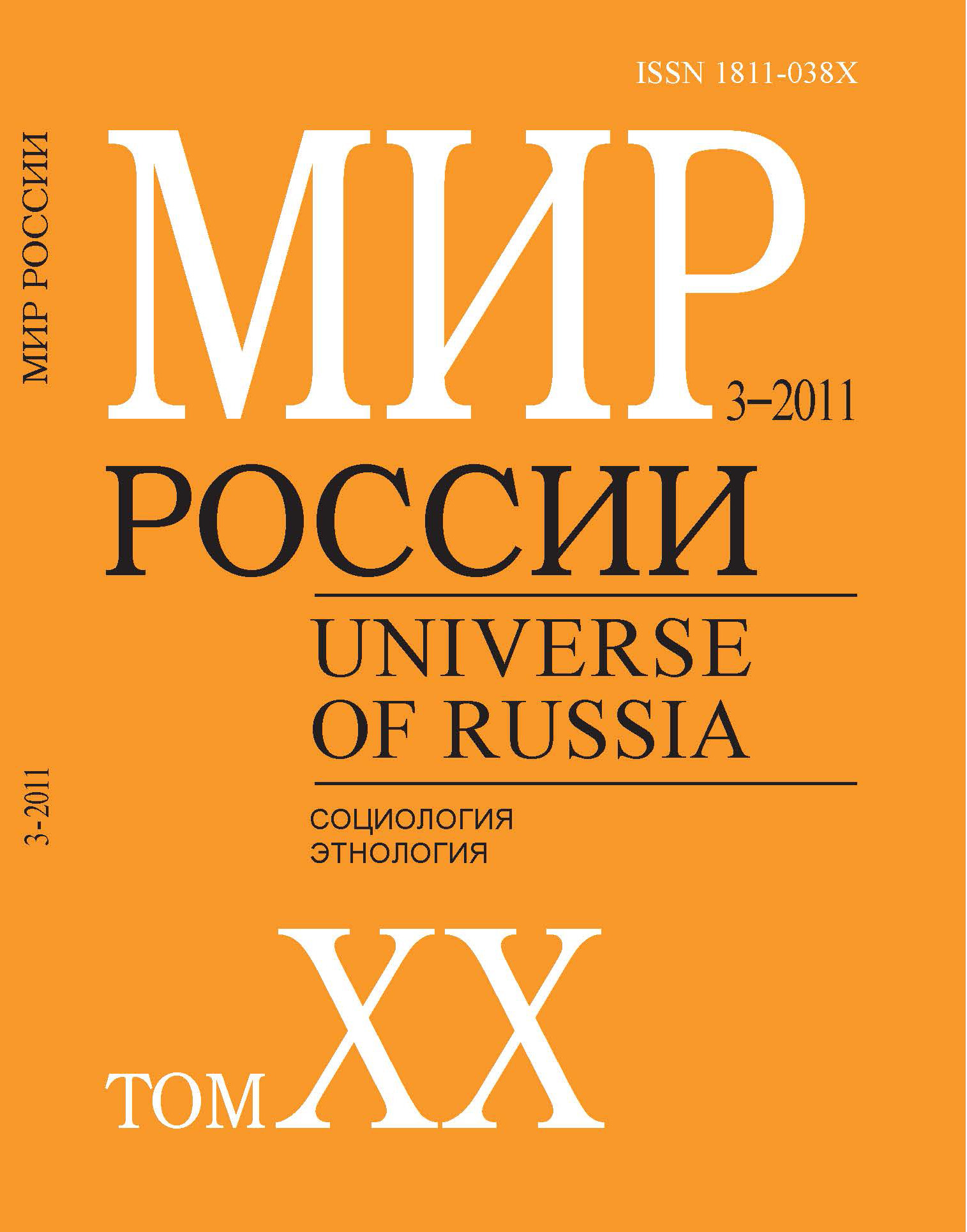Indispensable or Marginal? The Sector of ‘Well-Functioning’ Business Associations in Russia (based on qualitative survey data)
Abstract
Alexey Zudin — Senior Researcher, Institute for Industrial and Market Studies, National Research University “Higher School of Economics”. Address: 20, Myasnitskaya St., Moscow, 101000, Russian Federation. E-mail: azudin@inbox.ru
Andrey Yakovlev — Director, Institute for Industrial and Market Studies, National Research University “Higher School of Economics”. Address: 20, Myasnitskaya St., Moscow, 101000, Russian Federation. E-mail: ayakovlev@hse.ru
Drawing on a qualitative survey based on a series of in-depth non-formalized interviews with the heads of 23 business associations (hereinafter referred to as BAs), this article seeks to analyze their place and role in business—government relations in contemporary Russia. The approach is based on a theoretical perspective which considers BAs as a product of collective business action, capable of compensating ‘market failure’ and ‘state failure’ under certain circumstances. A detailed analysis of the issues closely associated with BA’s functioning is presented: incentives for BAs formation; structure and composition of members; organizational and financial resources; governance structure; main directions in BA activities; competitive and collaborative relationships with other BAs and alternative coordination mechanisms (i.e. business forums). The problems which arise from the relationships between BAs and government agencies are also closely analyzed: the role of association as an intermediate structure; the involvement of state officials in BA governance and the participation of business associations in statutory consultative bodies before state agencies; the evaluation of the relationships with government agencies by BA leadership, as well as their claims and preferences in this field.
The results highlight a sector of ‘well-functioning’ BAs and put forward a set of relative descriptive indicators: constant presence and deep penetration of the relevant business communities and market segments; functional specialization; internal differentiation (BAs organizational structure is subordinated to the main directions of their activities and includes specialized committees/commissions/working groups); and ‘routinization’ (BAs and habitual practices associated with them).
This paper concludes that apart from the leading ‘big four’ BAs (Russian Union of Industrialists and Entrepreneurs, Chamber of Commerce and Industry, Delovaya Rossiya and OPORa), a ‘second layer’ of business associations has emerged, composed primarily of trade (industry) associations. The organizational properties of ‘well-functioning’ Russian BAs bring them close to the role of an economic modernization agent capable of overcoming both ‘market failures’ and ‘state failures’. The ultimate acquisition of the new qualities is constrained by the incomplete institutionalization of BAs as an ‘intermediary’ agent between business enterprises and the state (‘personal’ characteristics of leadership are still critical to business associations’ success and maintenance, and necessary enforcement powers are still absent due to the lack of trust by the state authorities).






